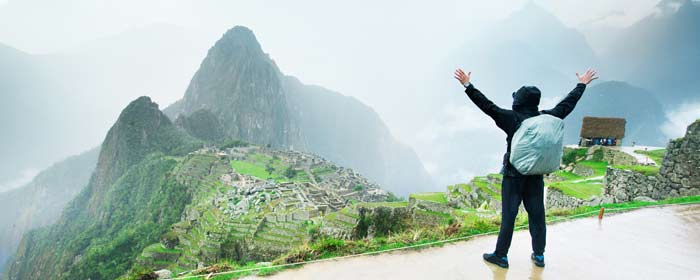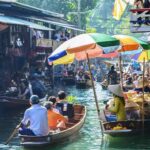Decided to take on the epic trek of Machu Picchu? Well, like all good things in life it doesn’t come easy! One of the most incredible (and popular!) adventures on the planet, definitely requires a little preparation. So, you’ve got your permit? Check. Hiking gear? Check. Passport? Check! Now, what else…There’s always a few things which don’t cross your mind when taking on a quest as big as this so we’ve put together ten handy tips you should know before you set off on your big adventure in Peru!
1. You don’t need to hike to visit Machu Picchu
Whenever there’s mention of visiting the iconic Machu Picchu, it’s natural to assume there’s only one way to get there. The Inca Trail. However this isn’t the case at all! The great thing about getting to Machu Picchu is that it doesn’t require a hefty 5 day trek – although this is of course the popular route.
Tucan Travel offer a variety of options to reach Machu Picchu from a relaxing scenic train ride, to a short one day hike, to the famous four-day trek. The Inca Trail Trek is the most authentic – 4 days of wandering through ancient ruins to arrive at the Lost City of the Incas, shrouded in mystery and legend. The one day trek is perfect for those who don’t want to miss out but are short on time. And if you want something a little more chilled, the train route is one of the top 5 train journeys in the world! Hop aboard the train from Ollantaytambo for a speedy hour and a half. Sit back, relax and watch the majestic mountains peppered with ancient ruins pass you by.
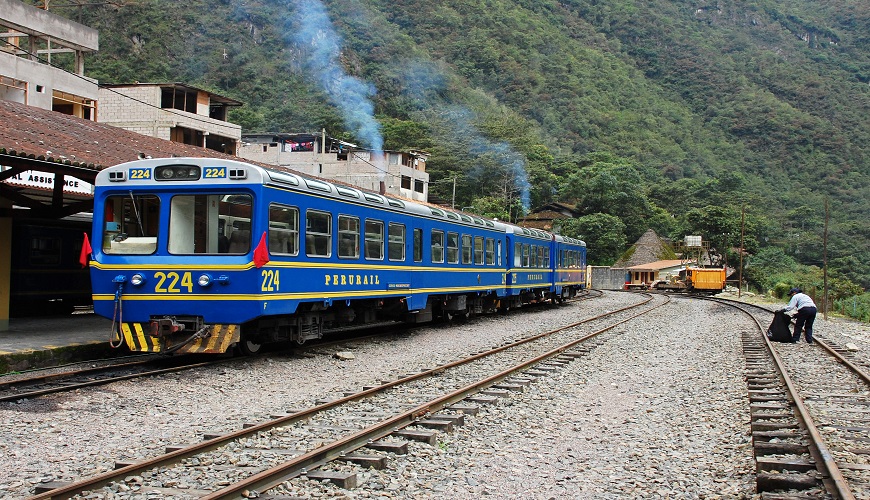
2. Prepare for cold nights
We’d be lying if we said it didn’t get cold in the evenings camping on the Inca Trail. Even though you are in South America, it doesn’t mean you can escape the cold! Trekking for around 7 hours a day at altitude, close to the sun than you’ve probably ever been, will needless to say, be warm! But come night time, it’s definitely not the same story. There is a dramatic contrast from day to night with temperatures often falling to 7 degrees. So make sure you’ve bought enough layers to keep you warm when sleeping at the campsites. As well as the usual t-shirts and long sleeved tops, it’s best to also bring a fleece, long trousers and a waterproof jacket with you.

3. Waterproof clothing is your best friend
One of the biggest mistakes you could make whilst trekking the Inca Trail is to not pack waterproof clothing! The weather can be very unpredictable and if you’re not fully covered for rain, it’s recommended you get a poncho to wear over yourself and your bags. The weather is so unreliable that there will often be heavy rain even during dry season! Trust me, if there is one thing you bring, make it waterproof clothing. The last thing you want on a 5 day trek is a cold!
4. Stamp your passports!
Get the perfect memento of your long, arduous journey through the Lost City of the Incas, the Guard Tower and the much awaited finale…Machu Picchu. Visitors are able to get their passports stamped (for free) to commemorate their visit to Machu Picchu. Once you get to the base of Machu Picchu (Aguas Calientes), you either hike for around 2 hours or you can hop on a quick 25 minute bus ride to reach the top. The Peruvian government ask you to present your passport to enter the ruins and once you’re in, there’s usually a short line of people waiting to the left to get the unique ‘crown of the Inca land’ stamp embellished on their passport. What better way of remembering your time in Peru?!

5. You will have a team of porters to accompany you
Porters on the various treks will accompany you at every step of the way. They will help carry the main bulk of the luggage throughout the course of your trek including tents, food and gear. The porters are very experienced and do the treks almost every day. It’s their job to help carry the load so that you can focus on enjoying the scenery and the hike as much as possible. We do however recommend tipping each of the porters at the end for their help and hard work! The standard tipping amount is around 30 – 35 soles for each porter/guide per group. This works out around 5 – 10 soles to each porter/guide, which is about £1.15 – £2.30 or $1.50 – $3.00.
6. The Inca Trail is closed in February
Did you know that every February the Inca Trail is closed for maintenance? If you’re planning your visit in for then – don’t! Every year the Inca Trail to Machu Picchu is closed for an entire month due to heritage protection regulations for the national park. During February, maintenance works happen to clean and repair the land and also to offer the place a little break from tourism to help sustain the ecological system. It helps ensure the safety of future visitors and preserve the incredible landscape that receives an annual footfall of close to 1,000,000!
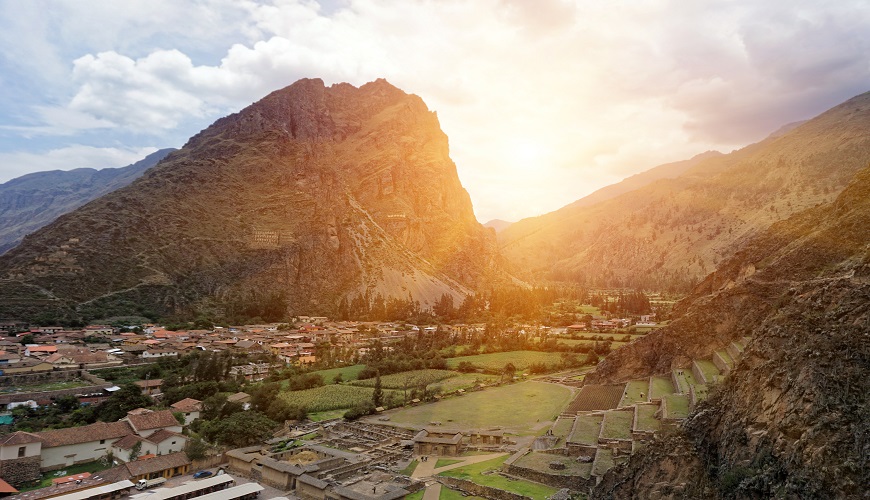
7. You cannot re-enter once you’ve left
Machu Picchu’s new entry regulations enforced in 2017 mean that once you enter through the main gate to the National Park you are limited to one visit. If you complete your guided tour of the ruins and want to exit for other reasons, you will not be allowed back inside – so make sure you are ready to leave! Whilst on the one hand you have one of the most popular, guide-book experiences on the planet which brings Peru the majority of their tourism, on the other hand, they need to safeguard the landscape so that future generations can enjoy this experience as much as you. Once 1,000,000 people a year tread the delicate ground, it can become even more fragile. And don’t think you can do the trek alone! You must be accompanied by a registered local guide upon entering the site otherwise you won’t be allowed in.
8. There are different treks you can do
Despite the Inca Trail being the most popular trek to Machu Picchu, there are actually a few other off-the-beaten-track alternatives. The Salcantay route, (5 – 8 days) takes you past one of the holiest peaks in the Inca religious pantheon and through the stunning Mollepata Valley. You’ll pass through cloud forests, the ancient Inca highway and the Llactapata ruins. Another popular alternative is the quieter Lares trek . This 3 – 5 day trek takes you through a different route of traditional villages starting in the tiny town of Lares which is home to the famous hot springs. This route is perfect for those that want to get away from the usual tourist route.
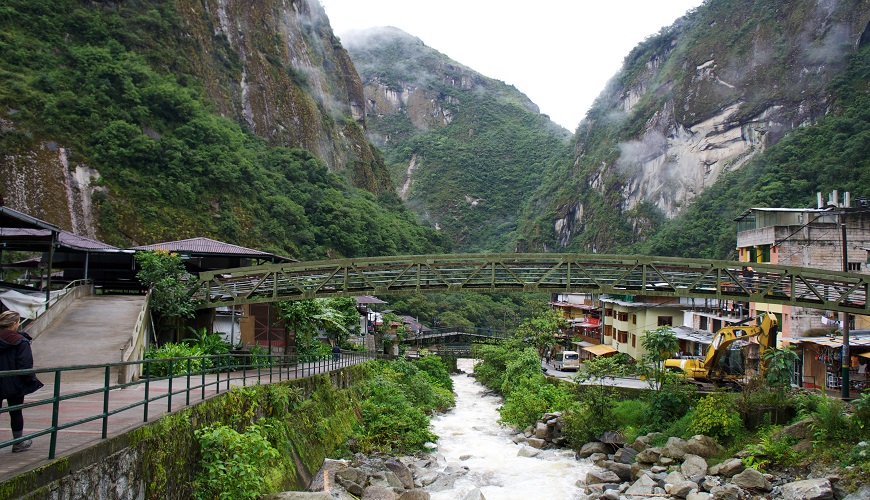
9. You can rent sleeping bags & walking poles
If you are planning on doing any of the treks which involve days of camping, you will need sleeping bags and/or walking poles. Either bring these yourself, buy them in Cusco or rent them from your guide. You will however need to organise this before your trek. One tip from me – take a pole! You’ll be walking for around 6 hours a day for up to 5 consecutive days. The undulating landscape is particularly harsh on your knees and there will definitely come a time where you would be thankful for a bit of support and balance. Make sure it is lightweight, fitted with a rubber tip to protect the ground and has a good water resistant grip.
10. You can only take small backpacks into the national park
As part of the new entry regulations to preserve the landscape, the National Park have also limited the size of backpacks you are allowed to have upon entering the site. If your bag is bigger than 40 x 35 x 20 cm, security will not let you in with it. If your bag is too big, you will have the option to store everything at the entrance gate for a fee while you explore the grounds and take that all important Machu Picchu photo. You will also not be allowed to bring in any food or drink (other than water), tobacco or vaping products.
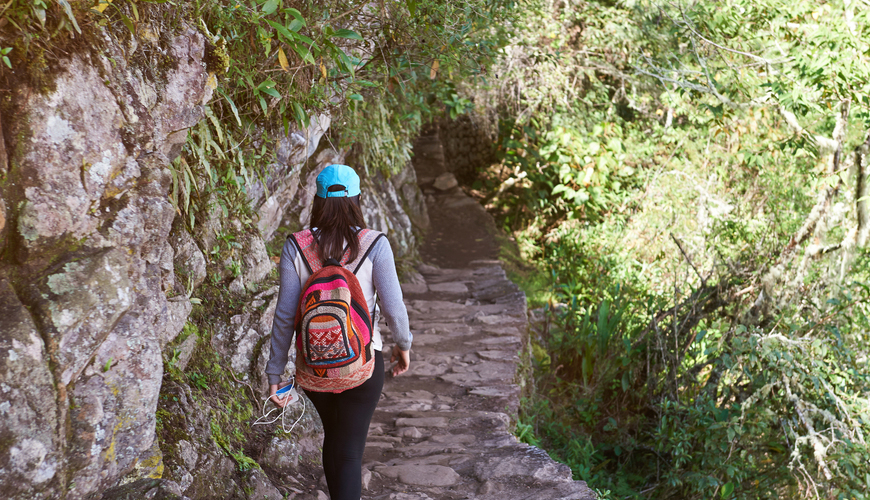
If you’re thinking about taking on this epic journey to the ancient citadel of Machu Picchu, Tucan Travel offer a variety of tours that either focus solely on the trek or combine hiking Machu Picchu with other exciting adventures around South America.
Spread the love
